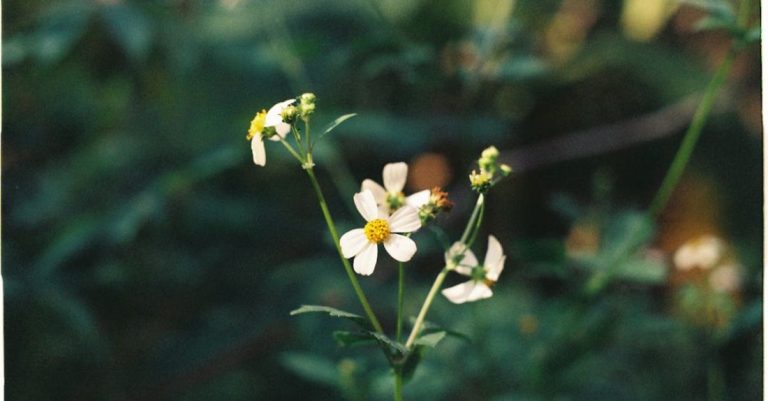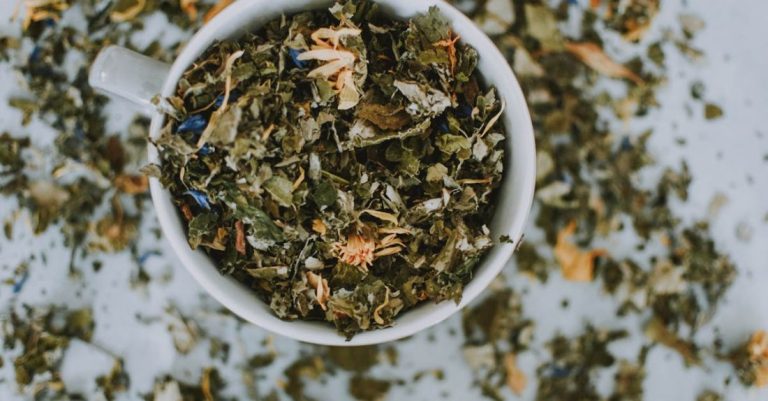
Pests are a common nuisance for gardeners and homeowners alike, but using harsh chemicals to control them can be harmful to the environment and our health. Luckily, there are many effective organic pest control methods that can help keep unwanted critters at bay without resorting to toxic substances. By utilizing natural remedies and eco-friendly techniques, you can maintain a pest-free environment while promoting a healthy ecosystem in your garden or home.
Identifying Pest Problems
Before implementing any pest control methods, it is essential to identify the specific pests that are causing issues in your garden or home. Different pests require different approaches, so taking the time to observe and understand the nature of the problem is crucial. Look for signs of damage to plants, such as holes in leaves, chewed fruits, or droppings, to determine which pests are present.
Beneficial Insects
One of the most natural and effective ways to control pests in your garden is by attracting beneficial insects that prey on harmful pests. Ladybugs, lacewings, and parasitic wasps are all examples of beneficial insects that can help keep pest populations in check. You can attract these helpful bugs by planting a diverse range of flowers and herbs, providing shelter and water sources, and avoiding the use of pesticides that can harm them.
Companion Planting
Companion planting is a traditional gardening technique that involves growing certain plants together to benefit each other in various ways. Some plants naturally repel pests, while others attract beneficial insects or improve soil health. For example, planting marigolds alongside tomatoes can help deter nematodes, while growing basil near tomatoes can enhance their flavor and repel pests like aphids.
Neem Oil
Neem oil is a natural insecticide derived from the seeds of the neem tree, which has been used for centuries in traditional medicine and pest control. Neem oil works by disrupting the feeding and reproductive behaviors of insects, making it an effective and eco-friendly option for controlling a wide range of pests, including aphids, whiteflies, and spider mites. To use neem oil, simply dilute it with water according to the instructions on the product label and spray it directly on affected plants.
Diatomaceous Earth
Diatomaceous earth is a natural and non-toxic powder made from the fossilized remains of tiny aquatic organisms called diatoms. When insects come into contact with diatomaceous earth, the sharp particles in the powder damage their exoskeletons, leading to dehydration and death. Diatomaceous earth is particularly effective against crawling insects like ants, cockroaches, and fleas. Simply sprinkle the powder in areas where pests are present, such as along baseboards or in the garden.
Physical Barriers
Creating physical barriers is another effective way to prevent pests from damaging your plants. For example, you can use row covers to protect crops from flying insects or erect barriers like copper tape to deter slugs and snails. Installing mesh screens on windows and doors can also help keep pests out of your home while allowing for proper ventilation.
Homemade Remedies
Many common household ingredients can be used to create homemade pest control remedies that are safe, effective, and inexpensive. For example, a mixture of soap and water can be used to suffocate soft-bodied insects like aphids and mealybugs. Spraying plants with a garlic or chili pepper solution can also help repel pests and protect your garden naturally.
Promoting Biodiversity
Lastly, promoting biodiversity in your garden or home can help create a balanced ecosystem that is less prone to pest infestations. By planting a variety of native plants, providing food and shelter for wildlife, and avoiding monoculture practices, you can encourage natural predators to thrive and keep pest populations in check.
In conclusion, organic pest control methods offer a safe and sustainable alternative to chemical pesticides, allowing you to protect your garden or home without harming the environment. By incorporating techniques such as attracting beneficial insects, companion planting, using natural remedies, and promoting biodiversity, you can effectively manage pest problems while supporting a healthy and thriving ecosystem. Embracing these organic pest control methods not only benefits your plants and surroundings but also contributes to a greener and more sustainable future for all.





